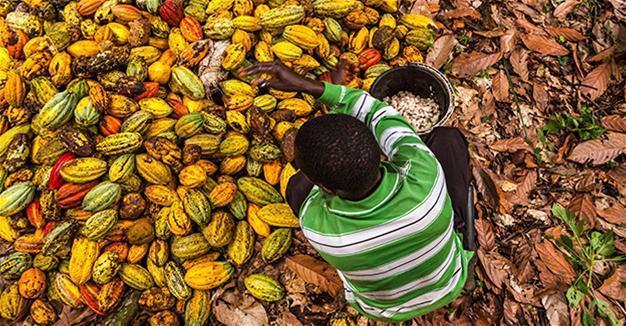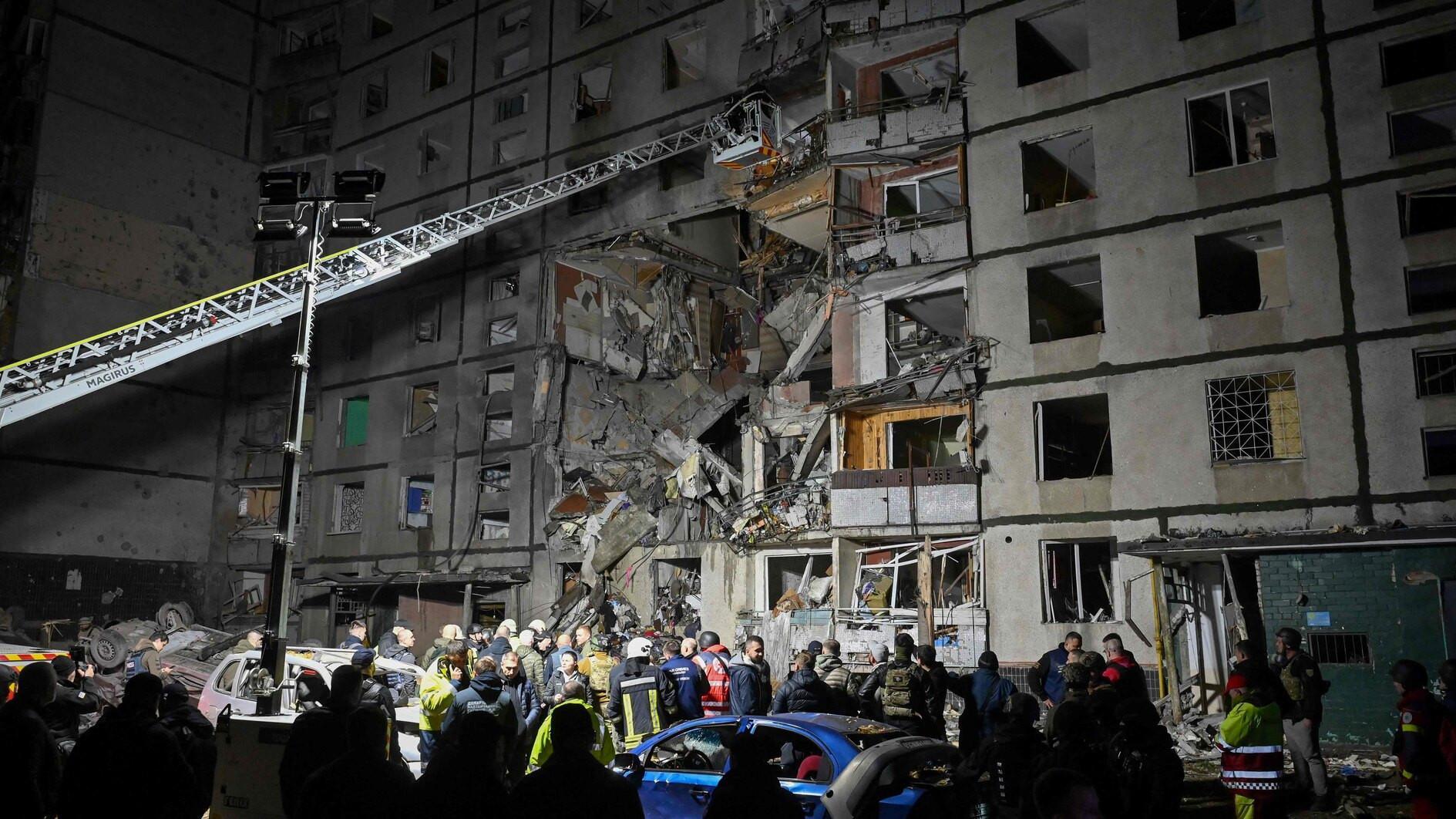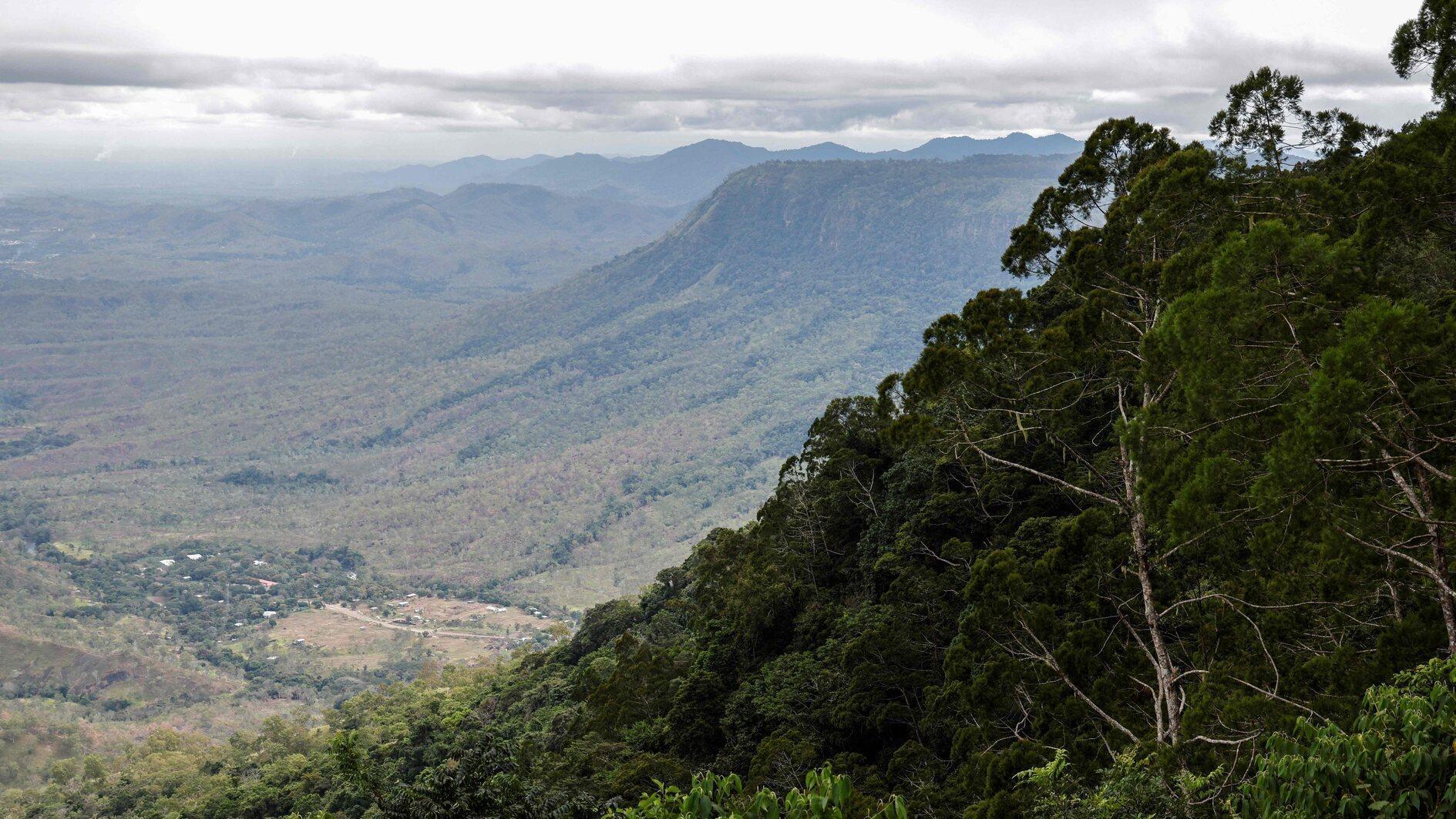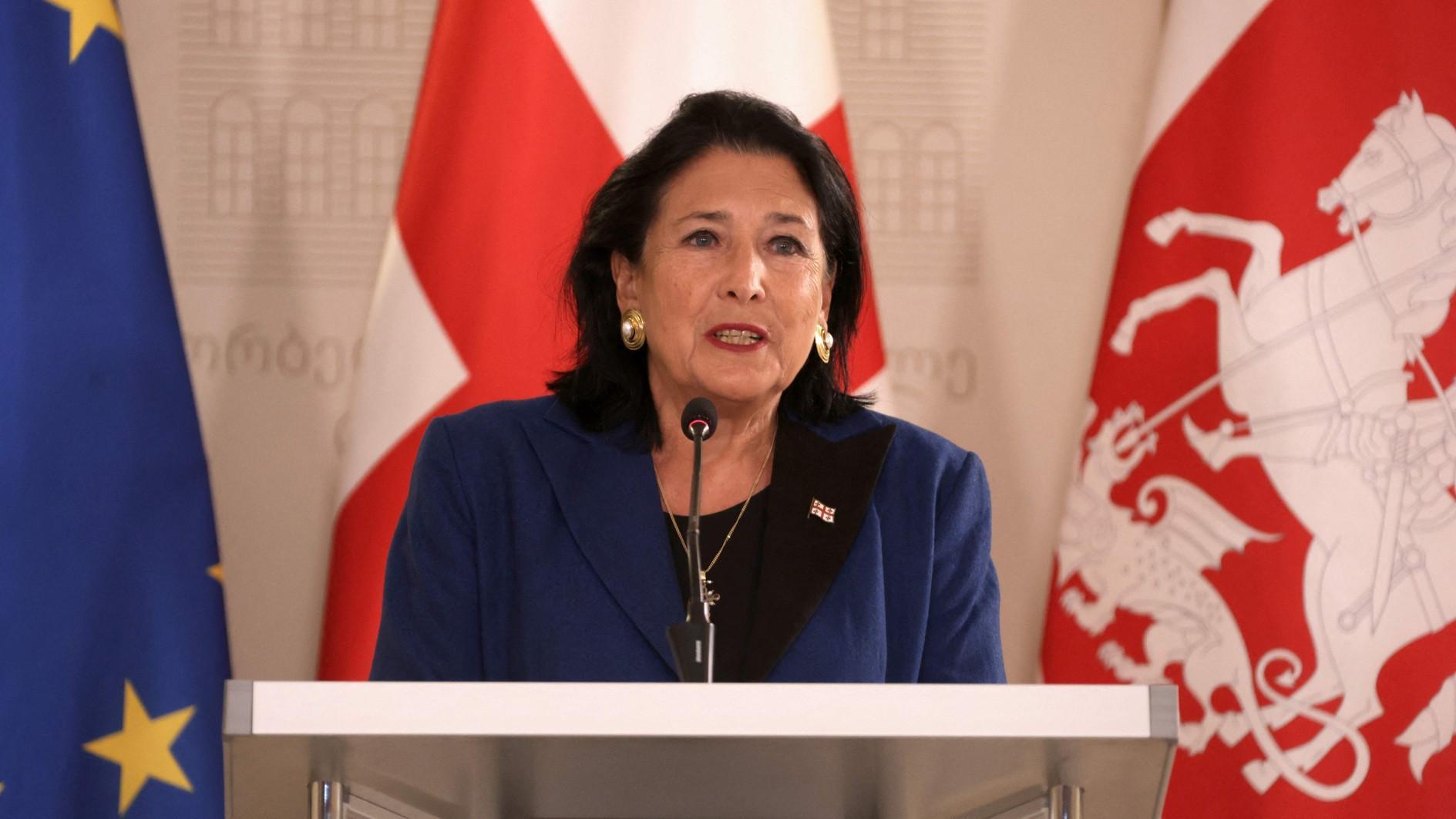Congolese cocoa waits for peace to pursue sweet future
MBAU, DR Congo – Agence France-Presse

AFP photo
Antoine Kakule Kihumuledi longs for a car to transport his cocoa crop and, like fellow residents in the Beni region in eastern Democratic Republic of Congo, he wants peace so he can pursue his dreams.Kakule, 51, is a pioneer in cultivating cocoa in this area of Nord Kivu province, which has been ravaged by war and violence for two decades.
He began planting in the middle of the Second Congo War (1998-2003) and had his first harvest sometime around 2007.
With the help of a sickle mounted at the end of a long shaft, the father of six children cuts the yellow and orange pods from the cocoa trees which grow on his plantation in Mbau, some 25 kilometers to the north of the town of Beni.
But for the past two years the region has been afflicted with waves of massacres that have killed 700 civilians, mostly hacked to death.
Congolese officials have blamed the attacks on the Allied Democratic Forces (ADF), a group of rebels dominated by puritanical Ugandan Muslims, but several expert reports have suggested that other groups, including elements within the Congolese army, took part in some killings.
The insecurity in the region is hindering the potential for cocoa cultivation to open a way for “an agricultural middle class to emerge,” said Jacques Matumo, administrator for ESCO Kivu, a local cocoa company.
“We lost a lot of growers” in the massacres, he said.
Some who survived “abandoned their fields” and their crops rotted, if they weren’t stolen first, he added.
Kakule says he feels safe as the Congolese army is stationed nearby, but admits he doesn’t dare venture further than their outpost.
In a country where the U.N. estimates nearly nine out of 10 people are living on less than $1.25 per day, Kakule considers himself fortunate.
He feeds his family with cassava and vegetables grown on his farm, and the cocoa is a cash crop.
After the cocoa pods are cut open, the pulp is left to ferment, during which it liquefies and drains away to expose the beans that are then dried under the sun. The dried beans are sold and eventually exported.
“The money allows me to school my children, pay for their medical care and undertake projects, such as building a new house,” Kakule said.
He is particularly proud of his daughter, who has just received her teaching degree.
Like much of the other natural resources and crops in DR Congo, one of the least developed nations on the planet, cocoa is not processed inside the country.
In 2015, Kakule sold 1,200 kilos of cocoa beans at a price above $2.00 per kilo. But world cocoa prices have fallen this year, and farmers are now selling their beans for between $1.60 and $2.00 per kilo depending on the quality.
That Kakule can today set his sights on buying a car to transport his crop is something of a dream come true, and due to a chance encounter with the ESCO Kivu company.
In 1998 the firm, which had long been present in Beni, decided to experiment with cocoa cultivation.
The original idea was to find a replacement to two crops which had traditionally been grown in the region for export: Quinine bark and coffee. Demand for the bark used to make the anti-malarial drug quinine was dropping while coffee output was hit by a fungus outbreak.
The experiment was a success: The soil in the Beni region was suitable for cocoa trees and the dry season wasn’t too long.
Without any local demand for cocoa beans, the company “created the market” by providing farmers with a guarantee their crop would be purchased, said Matumo.
ESCO does not farm itself. Instead it provides independent farmers with technical support, including the help of agronomists, and then buys their cocoa beans to sell to Europe and the United States.
ESCO employs around 200 people and works in partnership with some 29,000 growers. One executive at its factory, who asked not to be named, said he made around $700 a month.
Its product is certified UTZ, a label guaranteeing a mode of production that is sustainable and mindful of the well-being of the local population and the preservation of the natural environment.
Today ESCO has a handful of small competitors following in its footsteps.
For Cleophas Paluku Kahongya, president of the Business Federation of Congo (FEC) in Beni, “cocoa has contributed greatly to the revival of the local economy.”
But another major problem is tax evasion. In 2015, about 9,000 tons out of an estimated total of 20,000 tons were exported secretly to Uganda to avoid Congolese taxes, Paluku said.
“It’s as if we are producing for the neighboring country,” Matumo said.
In spite of the difficulties, ESCO Kivu remains confident. It has increased its exports and is ready to install a new line for sorting beans.
A pioneer in organic and fair trade chocolate confection in the United States, Theo Chocolate group said in an email to AFP that it is buying “a significant amount of cocoa” from the Kivu region through ESCO.
On its website, the chocolatier describes cocoa from the Kivu region as having “deep chocolate flavors with subtle nutty undertones” that complement the floral and citrus notes of cocoa beans from South America.
















